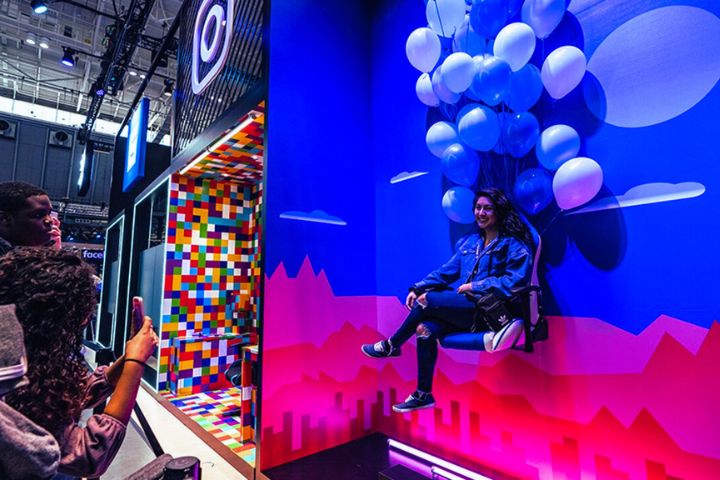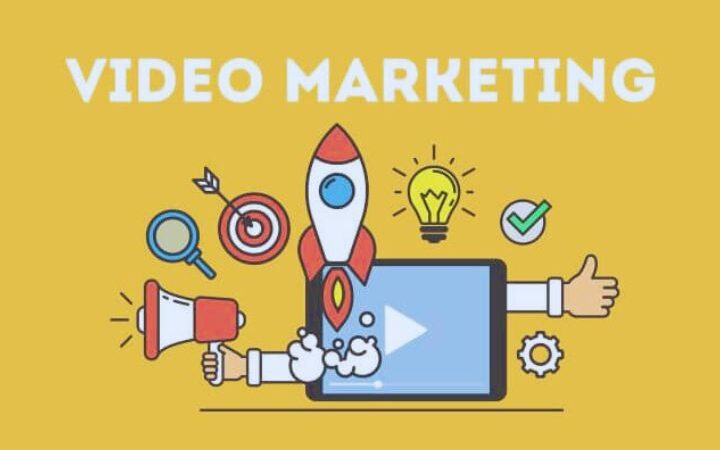Experiential Marketing: How To Connect Emotionally With Your Customers

Experiential Marketing: Creating an emotional connection with our clients or users is essential to achieving their loyalty and establishing a fruitful relationship in the medium and long term. In an increasingly competitive market, with purchasing preferences that continually vary, engagement becomes increasingly important. It is no longer just products and services that are sold: experiences are also part of the current offering. Experiential marketing has the formula to establish emotional bonds between customers and companies.
Feelings and emotions can help build loyalty among our audience thanks to the development of empathy and identification. There are many ways to create emotional connections that appeal to the public’s feelings: carry out campaigns that bring us closer to the customer’s values, tell the company’s story, provide good customer service, and support social causes…
Another way is through building experiences. This is where experiential marketing comes into play, also known as experience marketing or emotional marketing.
Table of Contents
What Is Experiential Marketing?
Experiential marketing is a marketing strategy that consists of designing memorable experiences that create an emotional connection between the customer and the brand or business. Through an inspiring and creative approach, experiential marketing aims to engage users on an emotional level and encourage their participation.
This vision wants to improve the image of the company, the product or the service. The final objective is customer loyalty, since the experiences have an emotional charge that causes a more lasting impact on the consumer’s mind than more conventional advertising messages and strategies.
Characteristics Of Experiential Marketing
What is experiential marketing characterized by? How is it different from other marketing approaches?
Focus on emotions and perceptions:
Experience marketing focuses on stimulating positive emotions and feelings in the customer. This approach deliberately sets the product and service aside to directly address the user’s emotions.
The senses as a basis:
experience marketing appeals to the senses, through which the pursued emotions will be generated. Thus, you can make use of sensory marketing including the use of music, smells or colors to create a richer and more complete experience.
Search for active customer participation:
interaction is another key to this strategy. Active participation is pursued with an immersive experience that is memorable and susceptible to sharing and viralizing.
Differential value of the brand:
this is a type of marketing that revalues the brand and image of the company. The construction of participatory and memorable experiences results in customer identification with the brand and the development of lasting loyalty.
Technology And Experiential Marketing
The spectacular technological development of recent years that has benefited companies also has its logical implications for emotional marketing. Technology can precisely be the best ally of this marketing approach. The latest and disruptive advances allow the construction of novel, inspiring experiences capable of surprising and exciting the public.
In addition, technology also allows us to better understand the customer through, for example, the use of Big Data, which offers data on their behavior and facilitates the creation of personalized experiences.
Some technologies that can be used to develop emotion marketing are the following:
Use of Wi-Fi in the commercial premises:
offering Wi-Fi in your premises can help enrich the purchasing process, offering more relevant advertising and offers. It is also a good means to collect data that helps to know the client better.
Virtual reality (VR) and augmented reality (AR):
these technologies offer immersive experiences with the capacity to generate positive emotions and persist in memory. AR, for example, allows you to see how shoes or clothes would look on you or how furniture can be placed in the client’s home.
Metaverse:
It is true that expectations about the metaverse have been deflated in recent months, affected in part by the astonishing emergence of generative Artificial Intelligence. However, the possibilities of the metaverse – an immersive world in which multiple activities can take place – make it ideal for the development of experiential marketing.
Events with interactive experiences:
organizing events, trade fairs or conferences are also an opportunity to generate experiences that connect with the public. Use of NFC technology, interactive demos, music or multimedia displays can be made. Gamification is especially interesting, with games, contests or quick quizzes.
Use of social networks:
social networks are also a field especially suitable for organizing contests, raffles or any other type of action that can go viral and connect with the public.
Mobile Apps:
A business mobile application can offer unique, personalized and suggestive experiences. VR or AR technology can be applied to generate immersive experiences, original promotions can be launched or any other type of action related to emotional marketing.
Service through chatbots:
Customer service is also a field for the development of experiential marketing. The development of AI tools allows a high level of interaction and the possibility of offering a highly effective and personalized customer experience.
Use of data:
As we pointed out before, the use of Big Data helps collect data to better understand the customer, which will allow us to offer personalized experiences.






